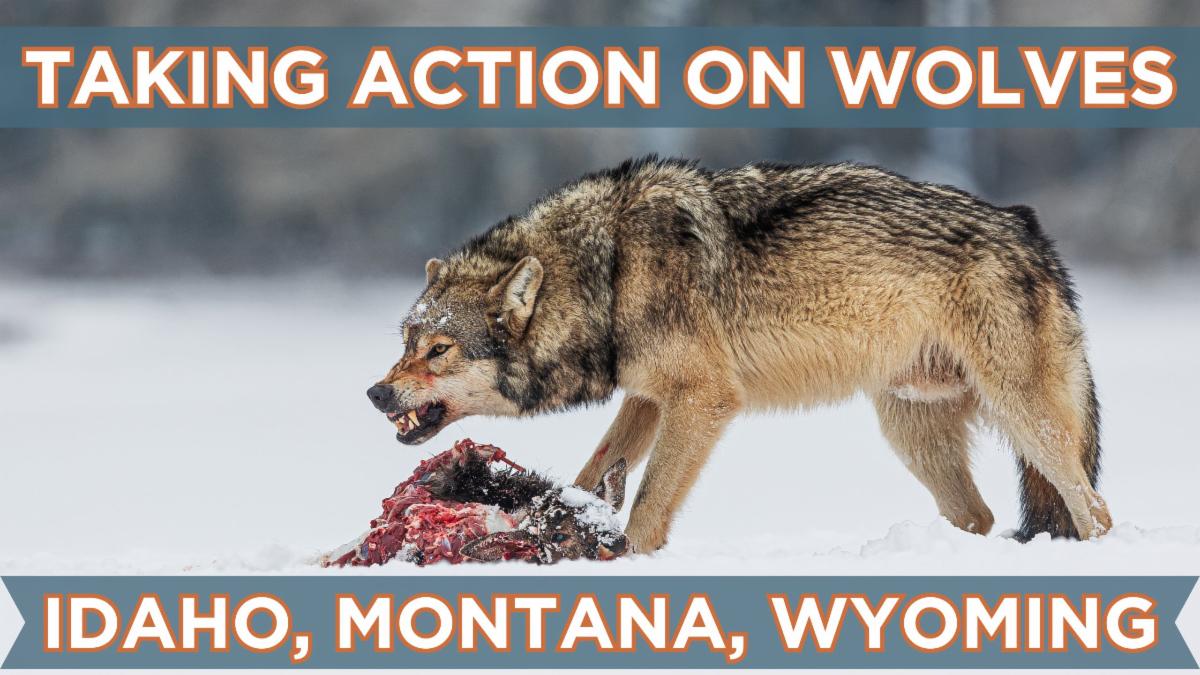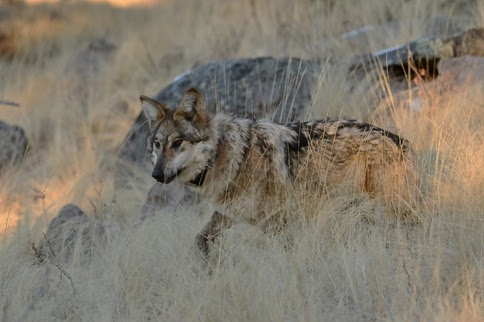GW: Follow the science until you don’t like it
SAF Asks Court to Send Animal Extremists Packing with Baseless Lawsuit in Tow
On Friday, March 7, the Sportsmen’s Alliance Foundation, along with Safari Club International and the Rocky Mountain Elk Foundation, filed for summary judgment in a trio of lawsuits brought by animal-extremist groups to relist wolves in the Northern Rocky Mountain region under the Endangered Species Act (ESA). We’ve asked the court to issue a judgment in our favor due to the animal extremists’ lack of standing and the U.S. Fish and Wildlife Service’s (FWS) proper denial of the extremists’ attempts to relist gray wolves in the Northern Rockies.
In February 2024, FWS denied two petitions to relist wolves in the Northern Rocky Mountain (NRM) region – Montana, Idaho, Wyoming, the eastern third of Washington and Oregon, and a small portion of northern Utah. The petitions alternatively requested that the delisted NRM wolves be incorporated into a “western states population,” comprised of every state to the north and west of, and including, Colorado, and relist them under the ESA. The Center for Biological Diversity, Humane Society of the United States, Western Watershed Project, the Sierra Club, and Animal Wellness Action then filed a trio of lawsuits challenging the denial.
“The animal-extremist groups are following their typical litigation script to a T,” said Michael Jean, Litigation Counsel for the Sportsmen’s Alliance Foundation. “Their petitions were correctly denied by the Fish and Wildlife Service, and they’ve now brought feeble lawsuits to waste government time and taxpayer money. We’re happy to provide an additional layer of defense against these pointless attacks on science-based wildlife management and sportsmen.”
The Sportsmen’s Alliance and our conservation partners successfully intervened in the lawsuits to defend the petitions’ denials by FWS. The record clearly shows that the service followed the best available science, as required by the ESA and requested by petitioners, in denying the petitions. The service rightfully concluded that gray wolves in the NRM are not a distinct population segment that could be listed under the ESA and that wolves in the broader Western United States, while qualifying as a distinct population, do not warrant listing under the ESA. FWS very clearly considered the best available science – much of which is conveniently ignored in the animal extremists’ complaints and motions – to support the denials. As noted by FWS, “now and into the foreseeable future, wolves are likely to retain a healthy level of abundance” throughout the Western United States.
“The service’s denial of the petitions was robust, well-informed, and appropriate,” said Torin Miller, Associate Litigation Counsel for the Sportsmen’s Alliance Foundation. “Wolves in the Northern Rockies – and throughout the west – have achieved recovery goals laid out under their initial listing under the ESA. It’s well-past time we stop moving the recovery goal post, and we’re confident the court will agree by entering judgment for our cross-motion for summary judgment.”






